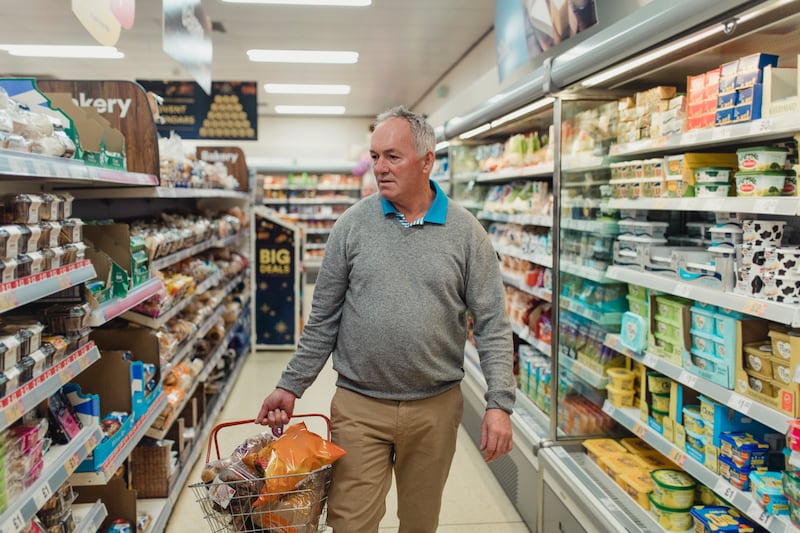SHOPPERS in the north celebrated Valentine's Day by splashing out on chocolates, desserts, cider - and cough mixture.
Data from retail analysts Kantar shows that the Northern Irish grocery market saw sales grow by 2.7 per cent in the year to February 19, with shoppers spending an additional £97.6m year-on-year.
That covered the key Valentine’s Day period where, due to rising costs, many people chose to celebrate at home.
And to this end, shoppers turned to the supermarkets and spent an additional £2.4 million on chocolate confectionary, £1.7m on cider, £1.2m on chilled desserts and £1m on chilled ready meals.
But while love may have been in the air, so too it seems were were cold and flus, because the Kantar data shows that shoppers in the north spent an additional £1m on cold treatments and cough liquids year-on-year.
Kantar senior retail analyst Emer Healy said: “Grocery inflation now stands at 11.6 per cent for February, which means the average annual grocery bill is set to rise by £567 from £4,889 to £5,456 if consumers don’t make changes to their shopping habits.
“As food and drink prices continue to climb, with average prices up 7.8 per cent compared to last year, shoppers look for ways to manage costs.
“Many are turning to cheaper alternatives such as retailer own label lines, where sales of value own label products are up 29 per cent (£56.1m) compared to last year."
The Kantar figures show that Tesco maintained its position at the top of the table and is Northern Ireland’s largest grocer with a 35.7 per cent share of the market as they welcomed an influx of new shoppers in store alongside more frequent trips, which contributed an additional £69.4m to their overall performance.
Lidl holds 7.4 per cent market share and saw the strongest growth among all retailers, up 8.6 per cent year-on-year thanks to an influx of new shoppers and more frequent trips which contributed £22.3m to their overall performance.
Sainsbury’s holds 16.9 per cent share and saw a boost of new shoppers which contributed an additional £26.8m to their overall performance.
Asda holds 16.3 per cent of the market this period and new shoppers coupled with existing shoppers purchasing more often contributed an additional £15.7m to their overall performance.







